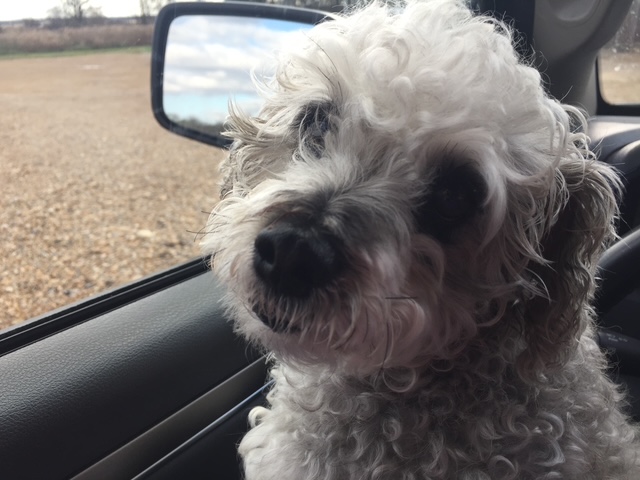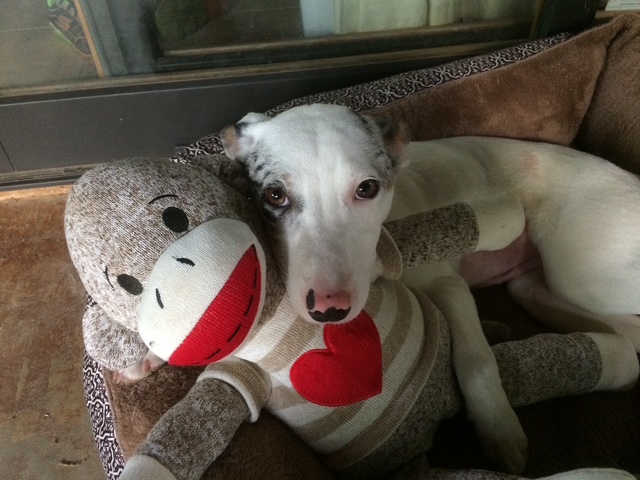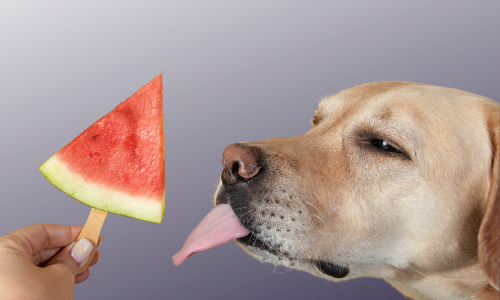The Dingo is a wild canine native to Australia, known for its adaptability and independence. This comprehensive guide provides detailed information about the Dingo, covering all aspects from breed characteristics to its rich history.
*Disclaimer: This Post May Contain Affiliate Links. This Means That I Receive A Small Commission At No Extra Cost To You Should You Click Through And Make A Purchase. Learn More On My Policy Page
Breed Characteristics
- Breed Category: Wild Canine
- Size: Medium
- Coat Length: Short
- Shedding: Moderate
- Hypoallergenic: No
- Grooming Requirements: Low; occasional brushing needed
- Life Span: 10-14 years
- Activity Level: High
- Temperament/Personality: Independent, alert, adaptable
- Intelligence: High
- Trainability: Low; requires experienced handler
- Space Requirement: Large; not suitable for urban living
- Compatibility with Children & Other Pets: Not recommended for homes with children or other pets
- Health Issues: Generally healthy; occasional hip dysplasia
- Nutrition Needs: High-quality diet with balanced nutrients
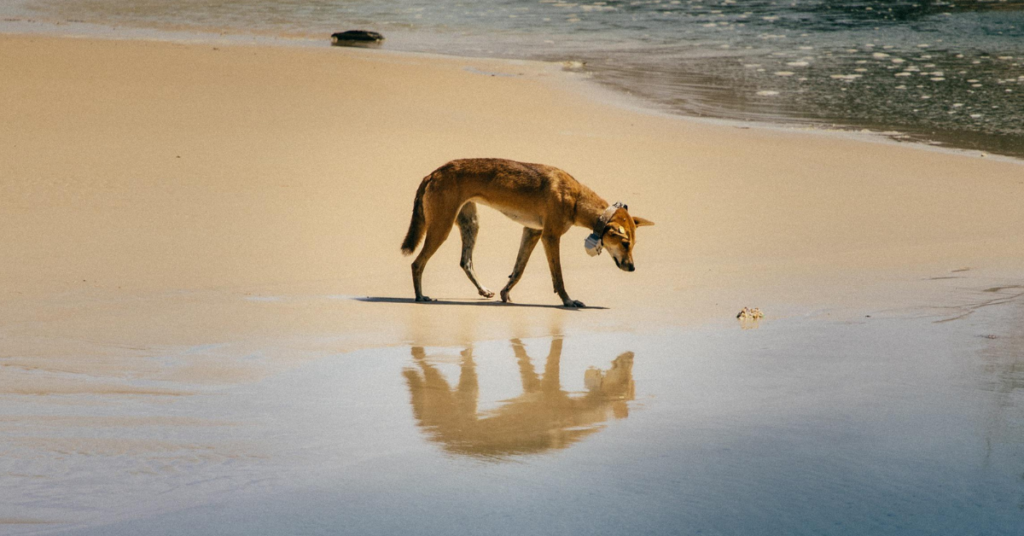
Origin and History
The Dingo is believed to have arrived in Australia around 4,000 years ago, likely brought by seafarers from Southeast Asia. Dingoes are considered a distinct subspecies of the grey wolf and have adapted to the diverse and harsh Australian environment. They play a crucial role in Australia’s ecosystem, and their history is intertwined with Aboriginal culture and traditions. Today, Dingoes are protected in many areas and are recognized for their ecological significance.
Appearance and Physical Characteristics
Dingoes are medium-sized canines with a lean and muscular build. They typically weigh between 29 to 44 pounds and stand about 20 to 24 inches tall at the shoulder. The breed has a short, dense coat that comes in a range of colors, including sandy yellow, red, and black. Dingoes have a broad head with a slightly tapered muzzle, upright ears, and dark, almond-shaped eyes. Their appearance exudes alertness, strength, and adaptability.
Temperament and Personality
Dingoes are known for their independent and alert nature. They are highly adaptable and have a strong survival instinct. These canines are typically wary of humans and are not suited for domestication. Dingoes form strong bonds within their pack and exhibit complex social behaviors. They are highly territorial and have a strong hunting drive.
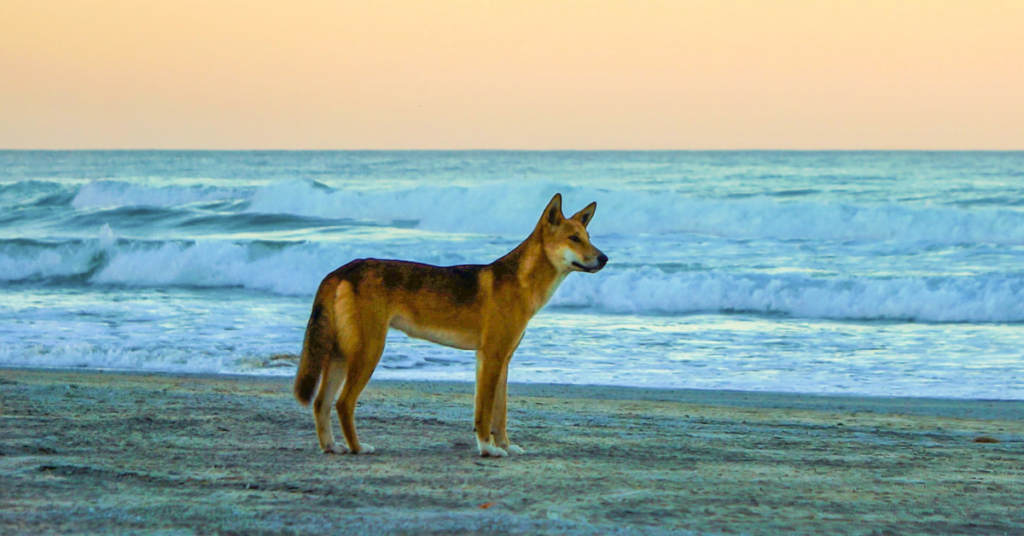
Intelligence and Trainability
Dingoes are highly intelligent but are not easily trainable. Their independent nature and strong survival instincts make them challenging to handle. Dingoes require an experienced handler who understands their behavior and needs. Training a Dingo is difficult and requires patience, consistency, and a deep understanding of canine behavior.
Compatibility with Children and Other Pets
Dingoes are not recommended for homes with children or other pets. Their wild nature and strong hunting instincts can pose risks in a domestic setting. Dingoes are best suited to living in the wild or in controlled environments where their natural behaviors can be managed.
Health and Nutrition
Dingoes are generally healthy and have adapted to a wide range of environmental conditions. They can be prone to occasional health issues such as hip dysplasia. Regular veterinary check-ups and a balanced diet are essential for their well-being. Providing a high-quality diet with the right balance of protein, fats, and carbohydrates is important for maintaining their health and energy levels.
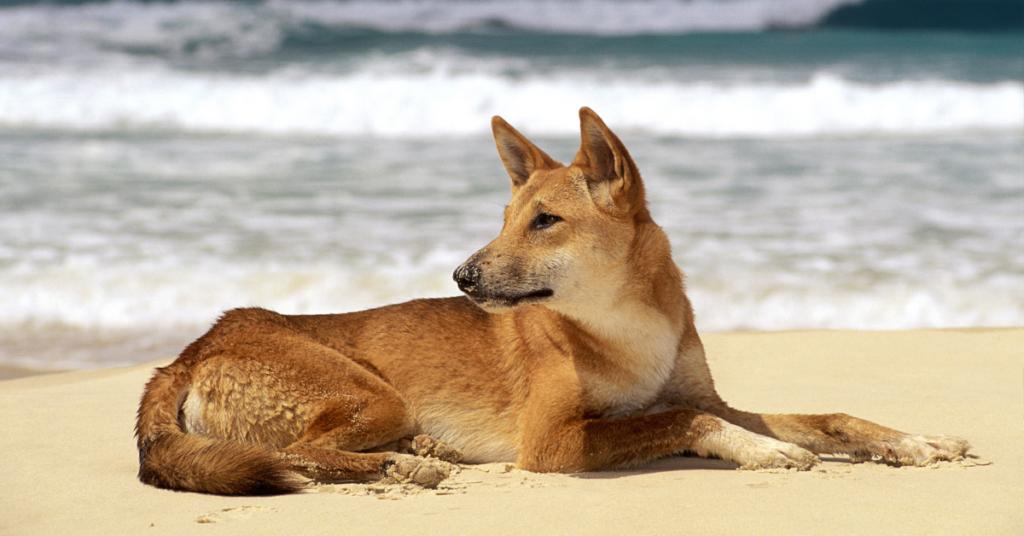
Exercise and Activity Level
Dingoes have high energy levels and require a large amount of exercise to stay healthy and happy. They are highly active and need plenty of space to roam and explore. Dingoes enjoy outdoor activities and are well-suited to life in the wild or in large, secure enclosures.
Grooming Needs
The grooming needs of Dingoes are low. Their short coat requires occasional brushing to remove loose hair and keep their coat healthy. Routine maintenance such as dental care, ear cleaning, and nail trimming is also important for their overall well-being.
Training and Socialization
Training and socializing a Dingo is challenging and requires an experienced handler. Exposure to different environments and experiences is essential to manage their behavior. Training should focus on understanding their natural instincts and behaviors rather than traditional obedience training.
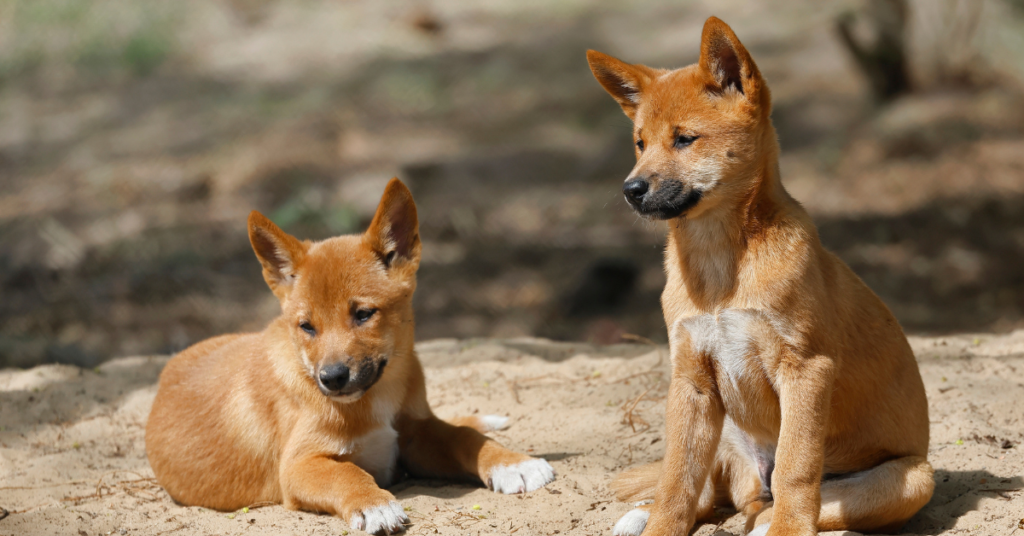
Famous Dingoes
Dingoes have gained fame as Australia’s wild canines and play a significant role in the country’s cultural and ecological heritage. They are often featured in documentaries and studies focused on wildlife and conservation.
Conclusion
The Dingo is an independent, adaptable, and alert canine that plays a crucial role in Australia’s ecosystem. With proper understanding, care, and respect for their wild nature, Dingoes can continue to thrive in their natural habitat.









